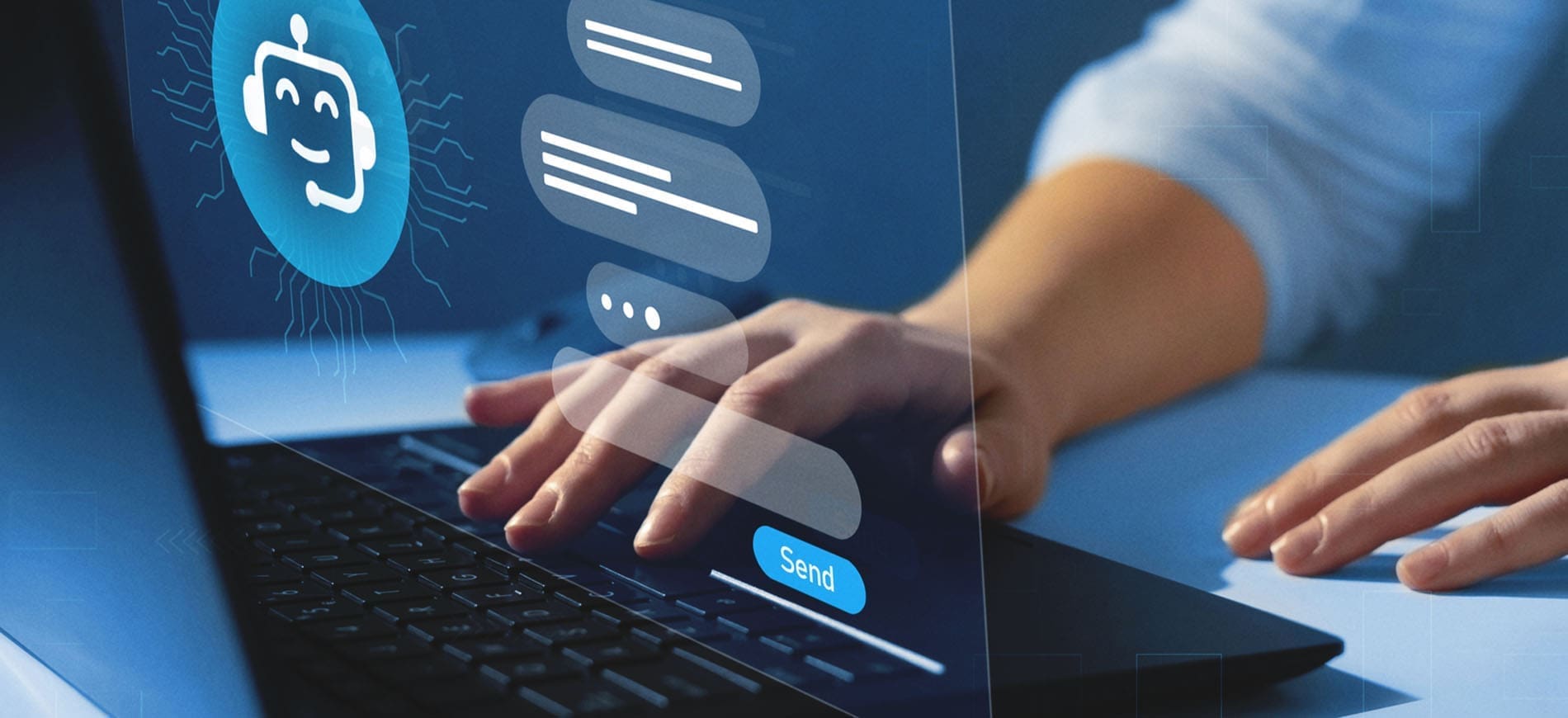Thought Bubble is a regular feature on the Mintel blog highlighting multiple viewpoints on one topic from Mintel’s team of expert analysts around the globe.
Earlier this week, Apple announced it’s new mobile payments system, called Apple Pay. It will work with Apple’s other recently unveiled products, the iPhone 6, and the new smartwatch, Apple Watch. It uses a near field communication (NFC) antenna, along with a secure chip that allows users to swipe a mobile device in order to make a payment at a supported retailer. Users can store their credit card information by taking a picture of their cards with an iPhone camera. Apple claims that the system doesn’t release transaction data to Apple, and credit information stored on your phone will be kept private from the company, as well. We had analysts from three different sectors discuss what it all means:

Apple CEO Tim Cook recently claimed in an interview with the Wall Street Journal that “innovation is alive and well at Apple” following its September 9th launch event. Out of all of the innovations announced it was Apple Pay – its mobile payments solution – that received the most positive reception on social media websites (according to Infegy Atlas) and even received a 5% lift once it was revealed that Apple Pay would also be available on the upcoming Apple Watch.
Now, post announcement, Apple Pay is the most talked about mobile payments solution in the market, eclipsing the efforts of Google Wallet and Softcard (formerly ISIS Wallet) that both use the same NFC technology and have been around for a number of years, albeit with limited success.
To be honest, mobile payments, in the US, needed a boost after losing some momentum which makes Apple’s announcement very timely. Apple Pay definitely moves the dial in terms of progress. Here’s why:
- Security: Features like thumb-print scanning, Find my iPhone and Tokenization make a compelling argument that paying via phone is safer than other forms of payment. At last, a real consumer benefit for mobile payments in a post Target/Home Depot environment.
- Trust: 700 million iTunes account holders already trust Apple with their credit card details and will likely trust Apple as an electronic wallet to purchase products online (like PayPal). It isn’t a big leap to then trust Apple at the point of sale using NFC.
- Adoption: Early Apple adopters will line up around the block to be the first to get the iPhone 6 and Apple Watch, and these passionate brand advocates will be willing to try Apple Pay and share the experience with friends. Apple has a captive audience of willing early adopters – just what mobile payments needs to get started.
- Reputation: Apple’s reputation for industry disruption is second to none. Okay, we might not have integrated Siri into our everyday lives but Apple has proven success in convincing consumers to buy products that they didn’t know they needed. Consumers don’t actually need mobile payments but if anyone can convince them it will be Apple.
Despite the positive buzz, let’s keep our feet on the ground and acknowledge that the launch of Apple Pay will not lead to an overnight shift in consumer payment behavior. After all, most merchants won’t accept Apple Pay and you can’t yet comfortably rely on your phone for payments – even your iPhone 6 – when you are constantly worrying about how to keep the device charged. Also, remember that another innovation, the credit card, is still battling to dislodge cash and checks after all of these years.
There are still plenty of issues for mobile payments providers to overcome but, for now, let’s appreciate the fact that with the launch of Apple Pay, we may just have moved one step closer towards a wallet-less society.

While there is potential value for mobile payment technology, it is also an area fraught with data security challenges. Even more so than with other types of mobile software, gaining consumer trust is a challenge.
Apple’s technology was heralded as secure for a long time, with many users assuming that the company’s products are immune to malware. However, this perception has changed in light of recent events such as the iCloud breach and earlier security threats like the Flashback Trojan. Apple does seem to realize that it can no longer rely solely on its reputation to protect its users from data theft, and it has taken steps to ensure that users’ data will be safe when they use Apple Pay.
For example, rather than store actual credit card numbers on users’ devices, Apple Pay will allocate a unique token that links to a specific user’s account and is stored separately from the rest of the device. As a result, systems like Apple Pay may actually be better secured against certain types of attacks – in particular, point-of-sale attacks which attempt to grab data as payment cards are swiped at POS terminals. The challenge for Apple Pay and other mobile payment systems will be building awareness and fully addressing consumer reticence to trust technology with sensitive information.

For years now, industry pundits have been confidently predicting that the next iPhone will come equipped with NFC capabilities, but for years, the next iPhone has emerged, defiantly NFC-free.
In the meantime, any number of payment schemes have been launched. Some have gained a little traction. But on the whole, the payments industry remains resolutely un-disrupted.
But now it has actually happened. Apple has launched a mobile payments service. There are going to be a lot of industry commentators (myself included) who will be frantically revising Powerpoint decks over the next few days.
On one level, the only surprise is that it has taken so long for Apple to move into the market. The number of credit card numbers linked to iTunes accounts is legendary inside the industry. Apple has the design skills to make products that people actually want to use and its users are famously enthusiastic. Crucially, people trust Apple (Although admittedly, anyone who has a habit of taking risqué selfies will have been re-considering that trust over the last week or so).
The big question is what’s in it for Apple. All of Apple’s products share a few common features including great design and user-friendly interfaces, the kind of consumer appeal that financial services firms can only dream of. Famously, Apple doesn’t make commodity products, even their “low cost” iPhone 5C is a premium product.
On that level, a payments product really doesn’t seem like an Apple kind of business. Payments are, on the whole, a high-volume, low-value commodity product. It’s true that Visa and Mastercard are major brands, but it’d be hard to describe it as a brand-driven market. You don’t see many flame wars featuring fanboys fighting over the relative merits of different card schemes.
What’s really interesting is that Apple has explicitly ruled out one of the revenue streams that makes the payment market so tempting for so many companies. In the era of big data, an understanding of consumers’ payment habits is potentially hugely valuable. The combination of this and location data opens up entirely new opportunities for marketers. But Apple stresses that it won’t know what you’re spending and even took a not-so-subtle swipe at Google’s use of customers’ data.
Perhaps one of the biggest advantages for Apple could end up being the simple fact that adding payments means that users become even more deeply embedded in the Apple bubble. Your social life, your media consumption, your newsfeed and now your payments now all flow through Apple. It’s hard enough to leave the company when all you’ve got is iTunes. When Apple becomes the way in which you pay for your shopping, then it becomes even harder.
That poses a major threat for any number of industries. It’s potentially a nightmare scenario for banks, for a start. They risk becoming reduced to bit-part players in consumers’ lives. Yes, your salary will be paid into your bank account, and your payments will come out of that account, but all the interaction and all the loyalty will be with Apple. Much harder to cross sell high margin financial products when you’ve become a commodity player whose main role in life is to help your customers transfer an ever-larger share of their income into Apple’s coffers.
Andrew Davidson is the Senior Vice President of Mintel Comperemedia. Andrew uses his 20 years of financial services research experience to provide insights to clients around key trends and industry marketing activity, helping companies understand and react to an ever-changing competitive environment.
Bryant Harland brings almost a decade of experience working in the tech arena, most recently as a Senior Technology Writer with Brafton News, where he oversaw the editorial team, wrote as a trade journalist and prepared a range of industry white papers.
Toby Clark has worked at Mintel for 13 years and leads the large team of researchers who produce over 500 business reports per year on UK and European market sectors. Prior to this, Toby was Head of UK Financial Services research at Mintel.
















![[LISTEN] Tech at Mintel: A Tech Leader’s Journey to Success and Inclusion](https://www.mintel.com/app/uploads/2023/08/Tech-at-Mintel-Sound-Waves-Podcast.jpg)






















